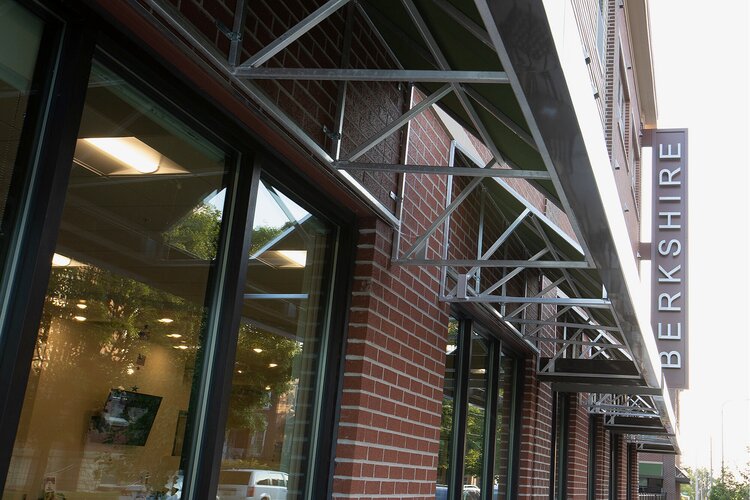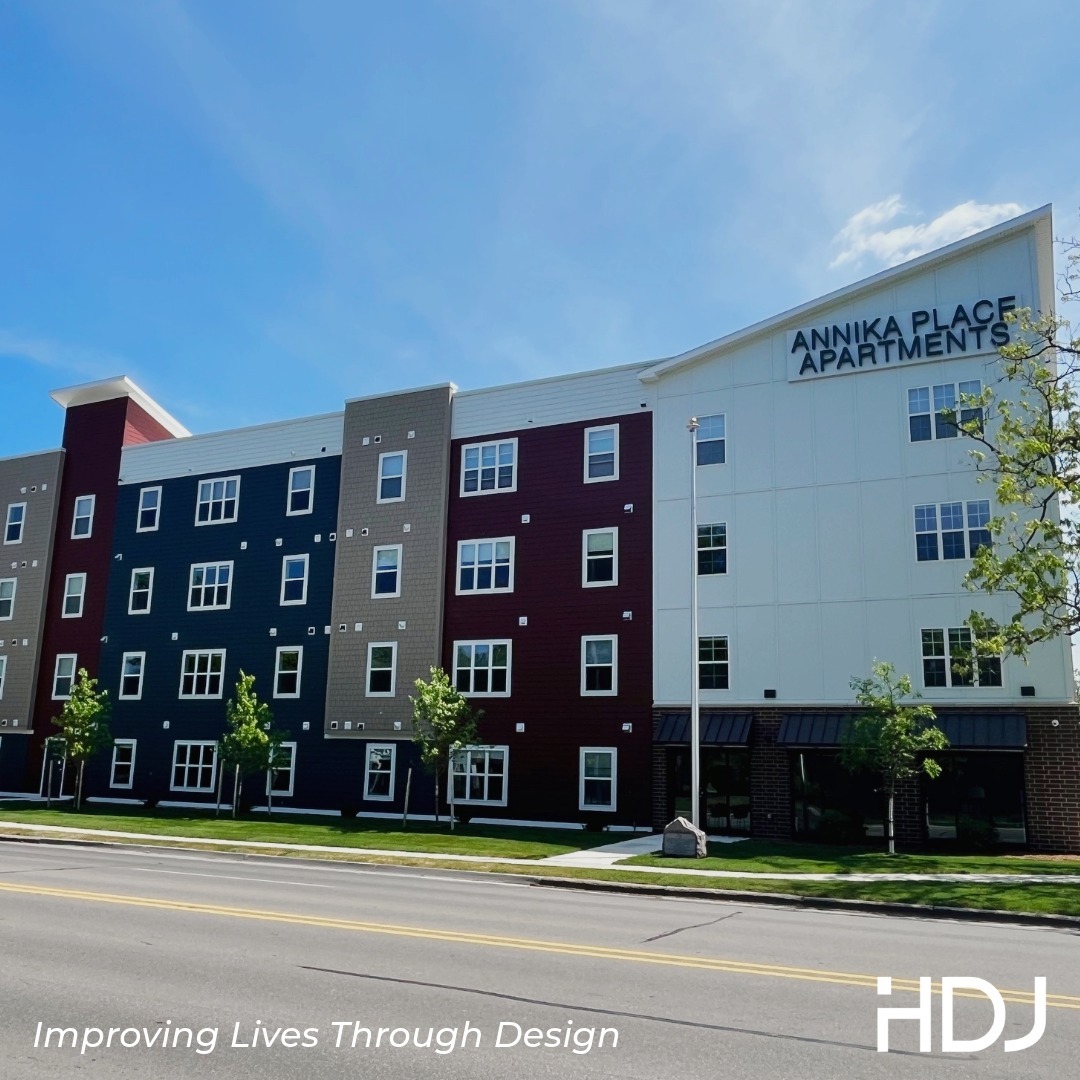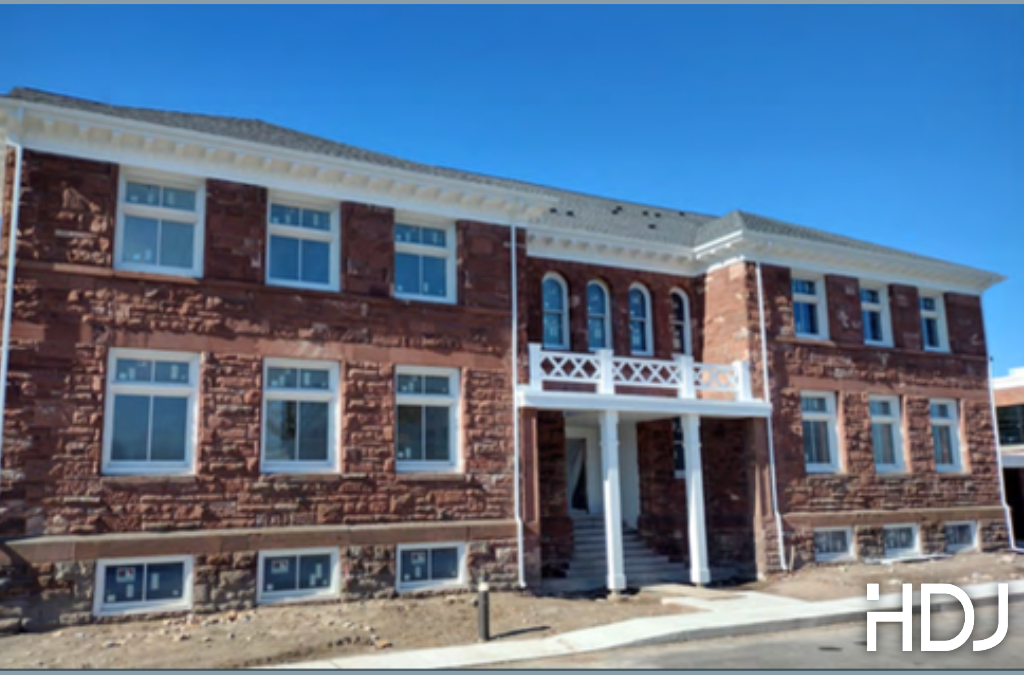The current economic challenges resulting from the COVID-19 pandemic are impacting the affordable housing equity market. For the time being, the only certainty may be that the uncertainty will persist. As we build through the second half of 2020, several important questions remain in a dynamic state:
- How will the national election in November impact affordable housing? With both Community Reinvestment Act (CRA) reform and potential changes to the corporate tax rate on the table, who is in the White House and leading Congress will provide clarity for the market. Both changes could alter the demand for and pricing of tax credits.
- How long will the current economic recession persist before it ends? This remains a major unknown. While most equity investors have not seen a significant decrease in rent collections over the last three months, there is concern this will not continue when the additional unemployment relief ends this month. This problem is particularly acute for family properties where unemployment among residents can be high. Owners and investors will be paying close attention to rent collections in August and September.
- What obligations must developers meet? Without a national plan, the policy response to the pandemic has varied by municipality and state. It also remains fluid as more data and medical advancements are uncovered. Therefore, depending on location, projects may face different restrictions and/or commitments.
- Will tax credit pricing decrease? In general, pricing has decreased by three to five cents. With nearly half of the equity market on pause, it’s reasonable to assume that pricing might decrease further to the mid $0.80s. Those investors that have remained active in the market are likely to go after deals with the highest yield. They have also been beset with a huge number of potential deals and, as a result, are taking longer to generate proposals.
- What types of deals are attractive to investors? With major uncertainty about the health of the economy, investors are unlikely to pursue deals with market rate units. Also, acquisition rehabs pose a unique challenge; the health ramifications of a tenant-in-place rehab or a tenant relocation will generate questions and concern. Investors will also be strict on the following underwriting standards:
- Operating reserves must be at least six months.
- There will be a closer look at sponsor net worth and liquidity.
- Five-year operating deficit guarantee.
While the challenges in this economic crisis are unique, the affordable housing industry has rebounded from prior recessions and significant market corrections, including the Great Recession and 2017 tax reform. With clearer answers to these questions and the potential for a 4% credit rate fix and an increase in the 9% annual allocation, a more stable and dynamic market may emerge.
HDJ, Inc. is a leading national design firm providing architectural and engineering expertise to support the affordable housing industry throughout the United States. HDJ’s diverse portfolio includes successful outcomes with adaptive reuse renovation, acquisition rehab, new construction, historic preservation and RAD. Contact HDJ to learn more about how we can support your affordable housing needs.
Author: Josh Hahn




